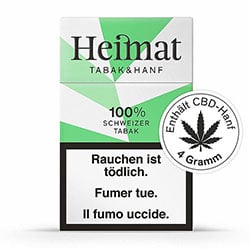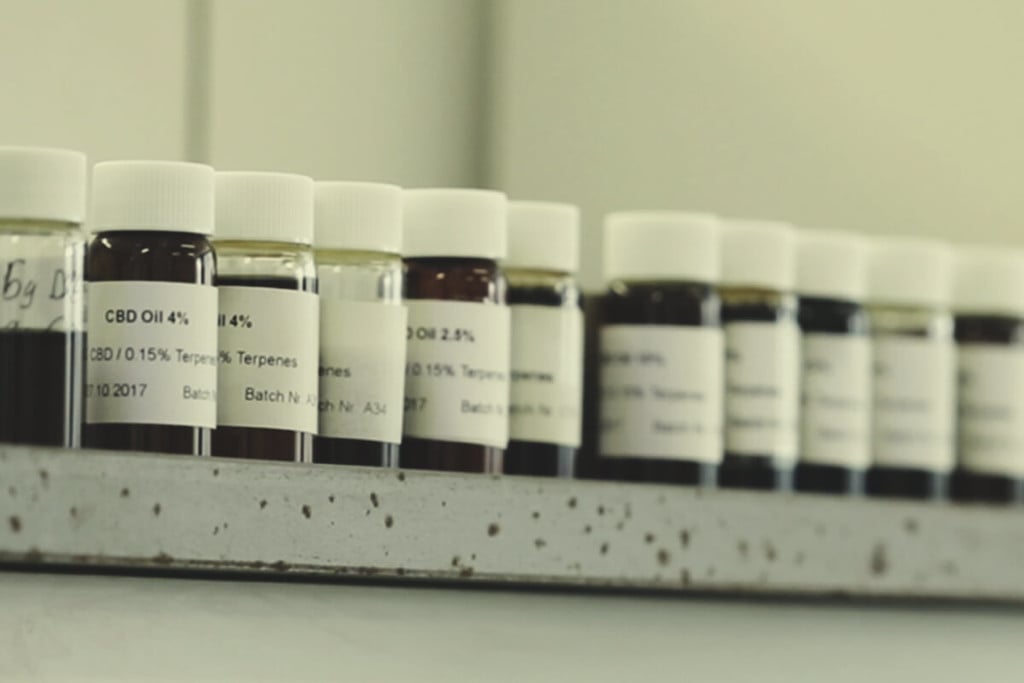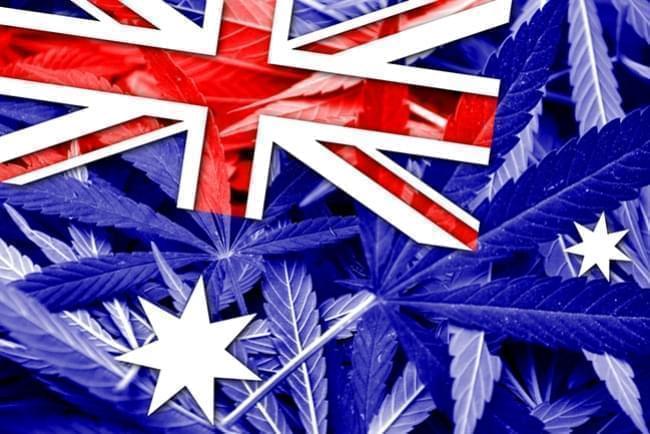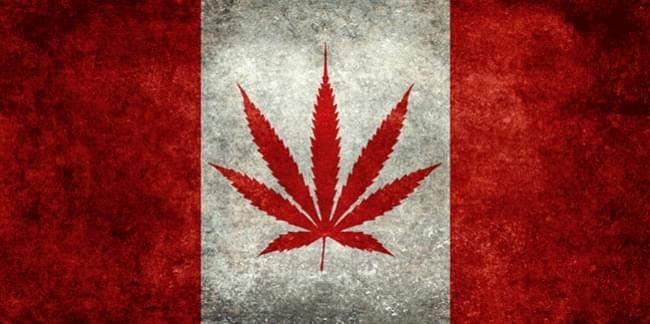.

Swiss Federal Courts Decriminalise Small Amounts Of Cannabis
The Federal Court of Justice in Switzerland has just ruled in favour of decriminalising small amounts of cannabis. People who have up to 10 grams will not be prosecuted in Zurich and several other areas. However, this is also widely seen as the next, and perhaps final, step before full legalization.
The Swiss government has made its next step towards what is presumed to be full cannabis legalization. The Federal Court of Justice has decided to decriminalise minor possession of the substance. The ruling is actually in favour of a 2016 decision by the District Court of Zurich after a student refused to pay the fine for possessing 8g of cannabis. Now, people in the cities of Zurich and Winterthur and the St. Gallen Canton can all possess up to 10 grams of cannabis.
This decision is already filtering through administrative channels. The City Council of Zurich has already taken an official stance on decriminalisation based on the court’s ruling. The Canton of Thurgau already initiated a similar program, ahead of the recent decision.
The reason behind all of this? The prosecution of individuals for small amounts of cannabis is just not a priority. Furthermore, the possibility of gaining tax revenue from a legal, low-THC market is an appealing and significant option on the table.

WHY THE SWISS DECISION IS IMPORTANT
What happens in Switzerland has the potential to shape discussions across Europe. The country’s low-THC (basically CBD) market has taken off in the past year. This means that a great deal of money is now bound for Swiss tax coffers. Estimated revenue is reported to be €100 million just this year. Never mind what is coming next.
With pressure in the highest reaches of government to amend Article 19 of the Swiss Narcotic Act, all of this just makes good sense. Legal squabbles over how the act should be interpreted have only recently bubbled back into the courts. Handing out fines for minor possession is being contested even more fiercely than in 2013. This was the last time the same problem reached the courts.
As a result of rulings four years ago, fines were supposed to be eliminated. The police, however, frequently act like they never got the memo. Indeed, the Zurich police have been quoted as saying they will continue to report “small quantities,” even after hearing about the recent ruling. Although individuals can no longer be fined, the police’s lack of accord with these decisions threatens to undermine future laws.
 In a country where CBD is now legal, the issue of possession is not going to immediately disappear. How can police tell the difference between high and-low THC bud? The answer is that they cannot. The idea that any legislator or jurist would want the police to chase legal consumers is a nonstarter. Not to mention, many of the consumers at risk of being reported are medical patients.
In a country where CBD is now legal, the issue of possession is not going to immediately disappear. How can police tell the difference between high and-low THC bud? The answer is that they cannot. The idea that any legislator or jurist would want the police to chase legal consumers is a nonstarter. Not to mention, many of the consumers at risk of being reported are medical patients.
Domestically, of course, this ruling opens the door to a more robust CBD market. But that is not the only thing it does. The country is already on the verge of full recreational reform. 85% of the population believes that possession of small quantities should not be punished. This might be the final step to push full legalization through.
What is happening in Switzerland is being avidly watched across the border too. Reform auf Deutsch is not going smoothly. Holland is in the midst of formalising its own recreational situation. And in Spain of course, this is just another bone of contention between Catalonia and the feds. All things considered, reform in the vein of decriminalisation is hot in Europe right now.
This decision by the federal courts just turns up the heat. Not only in Switzerland, but across the continent.
PROSECUTION OF PATIENTS
The subtext to this issue is of course the medical marijuana debate. Discussions about CBD have now been put on the agenda of the World Health Organization. The WHO will formally discuss the medical efficacy of the drug in November.
This also comes at a time when both the British and U.S. federal governments are either considering or launching CBD regulatory guidelines.
In Germany and Holland, the discussion about medical efficacy is front and centre as an item on the political agenda for the next four years.
The bottom line? Europeans do not want to waste tax dollars on busting people for small quantities of bud, no matter the THC content. The equation set up by the War on Drugs clearly makes no more sense. On an ethical or financial level.





































